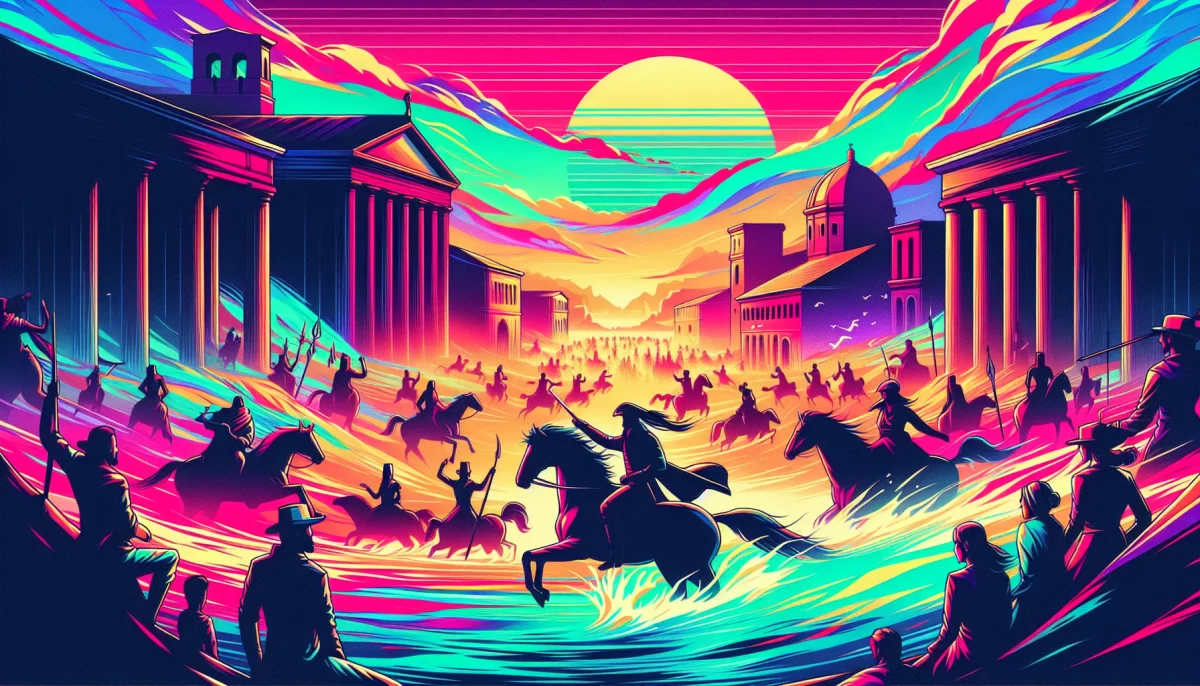
Actor Ralph Ineson Reacts to Ubisoft’s Cancelation of Post-Civil War Assassin’s Creed Game
Ralph Ineson, known for his roles in Fantastic Four: First Step, Final Fantasy 16, The Witch, and as Charles Vane in Assassin’s Creed IV: Black Flag, has voiced his frustration after Ubisoft reportedly canceled a new Assassin’s Creed game set in the American Civil War era.
Background of the Cancelled Civil War Assassin’s Creed Game
According to industry reports, Ubisoft canceled a concept-stage Assassin’s Creed Civil War game that would have centered around a former slave taking up the fight against the Ku Klux Klan. The project was reportedly shelved due to concerns about the contemporary U.S. political climate and fear over backlash from online extremist groups. This decision came despite optimistic feedback from the game’s developers.
Ubisoft’s Concerns and Online Backlash
- Ubisoft feared that online racists would react negatively to the game’s content, drawing from the backlash experienced during the release of Assassin’s Creed Shadows, which featured a Black protagonist.
- The company’s apprehension was compounded by the current unstable political environment in the U.S., making the game appear “too political” for release.
- This pattern reflects a larger industry trend, where some publishers become risk-averse in addressing sensitive historical themes due to fear of controversy.
Ralph Ineson’s Candid Response
Ineson succinctly summarized the collective frustration of many gamers and industry supporters with his blunt response directed at Ubisoft: “Once again, f**k off.” This outburst on social media highlights the frustration over perceived censorship and the avoidance of meaningful storytelling in video games.
Notably, this is one of the first times Ineson has used such explicit language towards a publisher, possibly hinting at similar past grievances concerning game development decisions or industry controversies.
Community and Fan Reactions
Assassin’s Creed fans swiftly voiced their disappointment and dismay at Ubisoft’s choice to cancel a game that promised to confront difficult and significant historical issues. Online communities argued that:
- Video games are powerful mediums for exploring and educating about historical injustices.
- Ubisoft’s decision appeared to cater to a vocal minority rather than the broader gaming community who support inclusive and challenging narratives.
- Developers involved were hopeful about the game’s potential to shed light on a pivotal era in American history.
This response aligns with wider discussions about representation and the role of political themes in gaming. According to a 2023 Pew Research Center study, players increasingly expect games to tackle meaningful social issues responsibly.
The Role of Historical Representation in Video Games
Historically, Assassin’s Creed has been renowned for blending fictional narratives with real historical contexts—allowing players to engage with significant past events interactively. However, Ubisoft’s cautious approach raises the question of whether commercial risk and political sensitivities might stifle creative storytelling about challenging eras like the Civil War.
- Video games with historical settings, such as Assassin’s Creed, Red Dead Redemption 2, and Valiant Hearts, have seen both critical acclaim and commercial success by embracing difficult themes.
- Research from the University of York (2022) indicates that historically-themed games can enhance players’ empathy and understanding of complex social issues.
Conclusion: The Future of Narrative Risk in Video Games
Ubisoft’s cancellation of this ambitious Civil War-era Assassin’s Creed title reflects broader tensions between creative risks and market pressures in the gaming industry. The passionate response from actors like Ralph Ineson and the gaming community underscores a desire for bold storytelling that does not shy away from controversial historical realities.
As gaming continues to evolve as a storytelling medium, balancing sensitivity with authenticity remains a critical challenge. Industry stakeholders might consider fostering diversity and open dialogues to ensure that future titles can address historical injustice meaningfully while mitigating backlash.
Key Points Recap:
- Ubisoft canceled a post-Civil War Assassin’s Creed game featuring a former slave fighting the KKK due to political sensitivities.
- Actor Ralph Ineson voiced strong disapproval of Ubisoft’s decision.
- The cancellation sparked notable backlash from the fan community advocating for more inclusive and courageous storytelling.
- The event highlights ongoing challenges regarding historical representation in modern video games.
Image credit: Ubisoft


